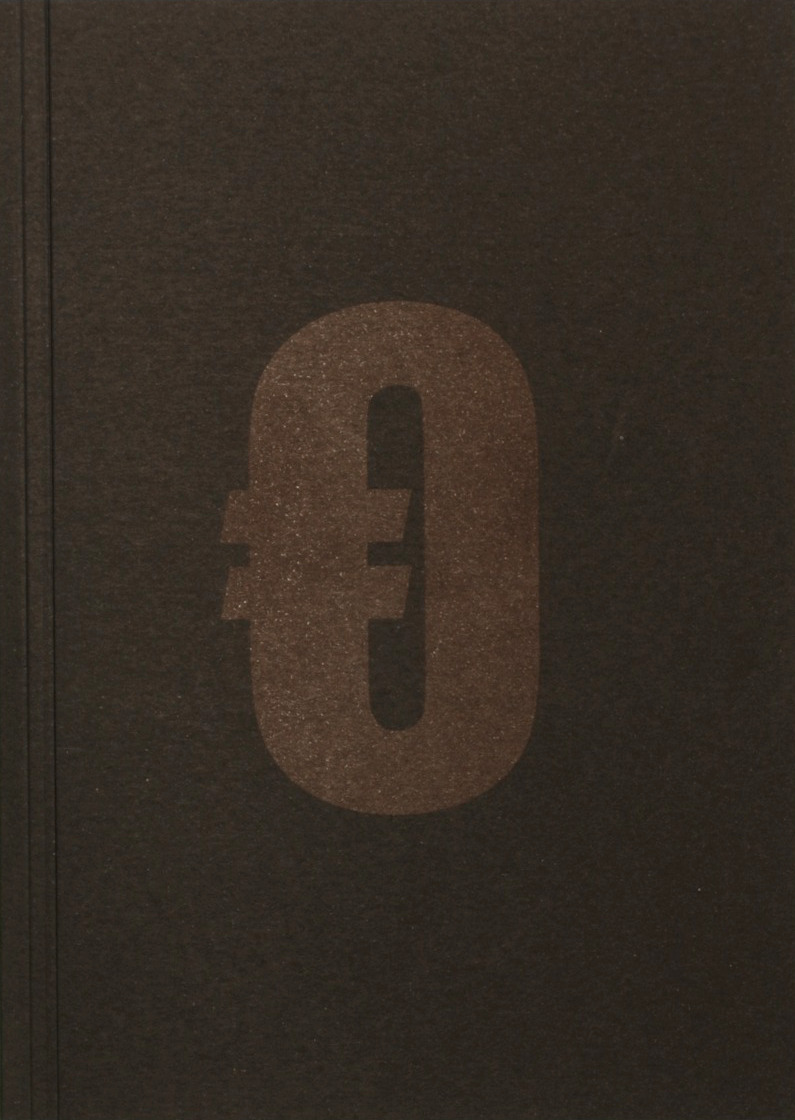Georgios Papadopoulos: Notes towards a Critique of Money (2011)
Filed under book | Tags: · critique, desire, economy, market, money, neoliberalism, value

The analysis in Notes towards a Critique of Money highlights the functions of money both in the organization of the capitalist symbolic order and in the constitution of subjectivity in the market.
Combining Lacanian psychoanalysis and Baudrillardian structuralism, the book creates a universe where price and sign are entangled, giving rise to the dominant organizing form of capitalism. The fantasmatic management of desire enforces this structural principle on the subjective level and encourages the libidinal investment in the dominant representations of social reality as they are produced by the combined principles of signification and economic valuation. Here, money signifies the particular content that hegemonizes the universal ideological construction of capitalism providing a particular and accessible meaning to economic value, which colours the very universality of the system of prices and accounts for its efficiency.
Being conscious of the limitations of the theoretical analysis, the book employs along with rational arguments a series of artworks that are used both to illustrate the argument and to challenge the unconscious links between the market and the subject, as it is mediated by money and ideology. Notes towards a Critique of Money does not only aspire to raise a theoretical challenge against capital and to open up possibilities of emancipation, but to point towards a new aesthetic of political analysis.
Contributing artists: Société Realiste, Yuko Kamei, Nikos Arvanitis, Zachary Formwalt, Jean-Baptiste Maitre, Valentin Ruhry, Kay Walkowiak, Shogo Matsushiro, Axel Loytved, Post Tenebras Luxe / Donatella Bernardi, Hervé Graumann, Hadrien Dussoix, Wolfgang Fütterer, No Wonder.
Afterword by Yannis Stavrakakis
Published by Jan van Eyck Academie, Maastricht, NL
Creative Commons BY-NC-ND 3.0 Unported License
ISBN 9789072076649
142 pages
PDF
View online (Scribd.com)
Real-World Economics Review, No. 1-59 (2000-2012)
Filed under journal | Tags: · economics, economy, finance, financial crisis, market, money, neuroeconomics, pluralist economics, plutonomy, political economy, post-autistic economics, society
“The movement for Post-Autistic Economics (PAE) was born through the work of Sorbonne economist Bernard Guerrien. The movement is best seen as a forum of different groups critical of the current mainstream: from behavioral and heterodox to feminist, green economics and econo-physics. Started in 2000 by a group of disaffected French economics students, Post-Autistic Economics first reached a wider audience in June 2000 after an interview in Le Monde.
It was supported by the Cambridge Ph.D. students in 2001 with the publication of ‘Opening Up Economics: A Proposal By Cambridge Students’, later signed by 797 economists.
PAE has challenged standard neoclassical assumptions and incorporated ideas from sociology and psychology into economic analysis. Specifically, the notions of utility theory, rational choice, production and efficiency theory (Pareto optimality), and game theory have been criticised.
Other topics include ‘Gross National Happiness’, realism vs. mathematical consistency, ‘Thermodynamics and Economics’, or ‘Irrelevance and Ideology’. Contributors include Bruce Caldwell, James K. Galbraith, Robert L. Heilbroner, Bernard Guerrien, Emmanuelle Benicourt, Ha-Joon Chang, Herman Daly and Richard D. Wolff.
In March 2008 the Post-Autistic Economics Review changed its name to the Real-World Economics Review.” (from Wikipedia)
Editor: Edward Fullbrook
Associate Editor: Jamie Morgan
Open-access journal
ISSN 1755-9472
wikipedia (Post-autistic economics)
authors (RWER blog)
publisher
PDF (Issue 59, March 2012)
PDF (Issue 58, December 2011)
PDF (PDF papers, all past issues)
Philip Mirowski, Dieter Plehwe (eds.): The Road from Mont Pèlerin: The Making of the Neoliberal Thought Collective (2009)
Filed under book | Tags: · economics, economy, liberalism, market, market economy, neoliberalism, politics

“What exactly is neoliberalism, and where did it come from? This volume attempts to answer these questions by exploring neoliberalism’s origins and growth as a political and economic movement.
Although modern neoliberalism was born at the “Colloque Walter Lippmann” in 1938, it only came into its own with the founding of the Mont Pèlerin Society, a partisan “thought collective,” in Vevey, Switzerland, in 1947. Its original membership was made up of transnational economists and intellectuals, including Friedrich Hayek, Milton Friedman, George Stigler, Karl Popper, Michael Polanyi, and Luigi Einaudi. From this small beginning, their ideas spread throughout the world, fostering, among other things, the political platforms of Margaret Thatcher and Ronald Reagan and the Washington Consensus.
The Road from Mont Pèlerin presents the key debates and conflicts that occurred among neoliberal scholars and their political and corporate allies regarding trade unions, development economics, antitrust policies, and the influence of philanthropy. The book captures the depth and complexity of the neoliberal “thought collective” while examining the numerous ways that neoliberal discourse has come to shape the global economy.”
Publisher Harvard University Press, 2009
ISBN 0674033183, 9780674033184
469 pages
PDF, PDF (updated on 2018-4-30)
Comments (3)
